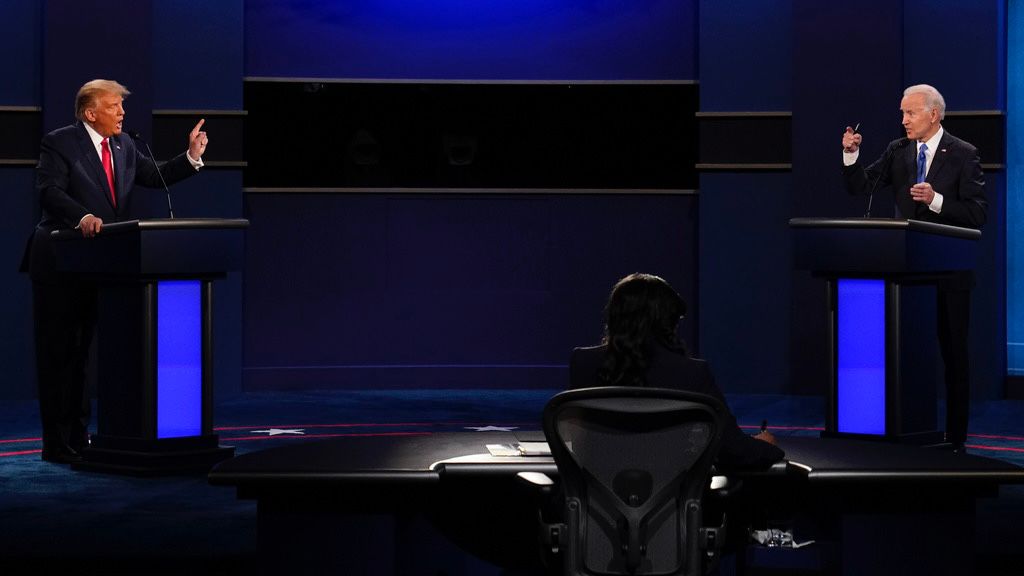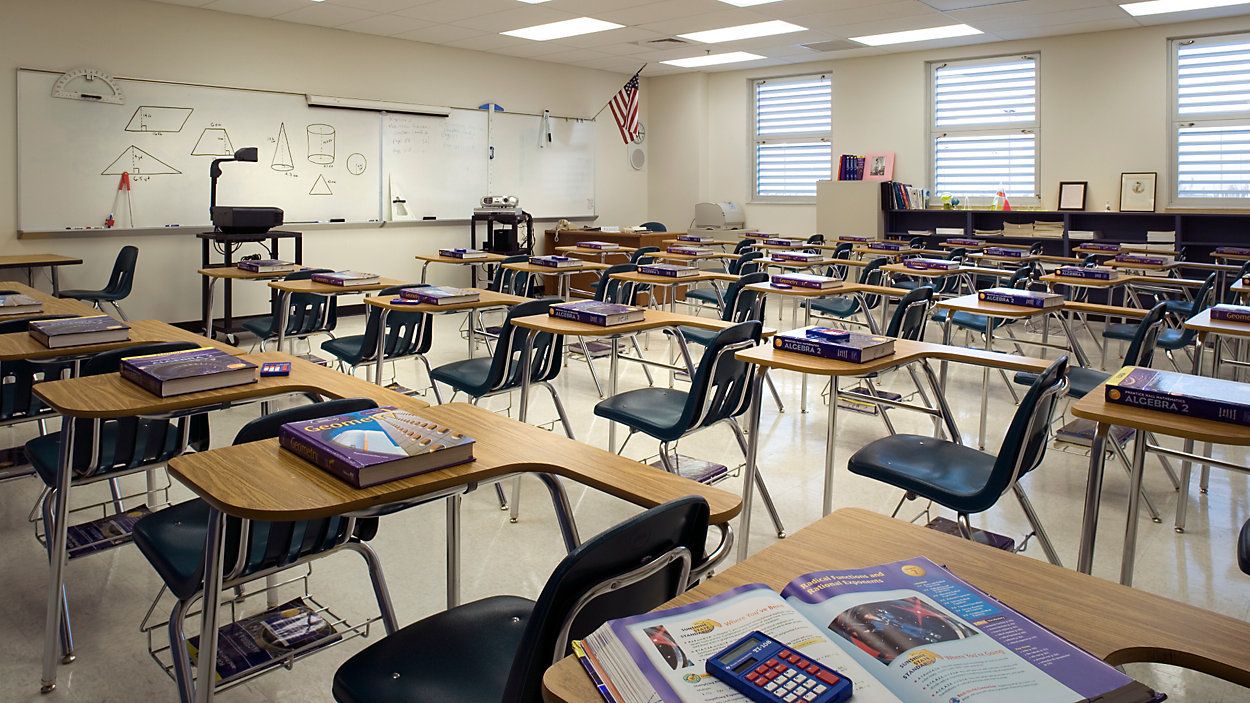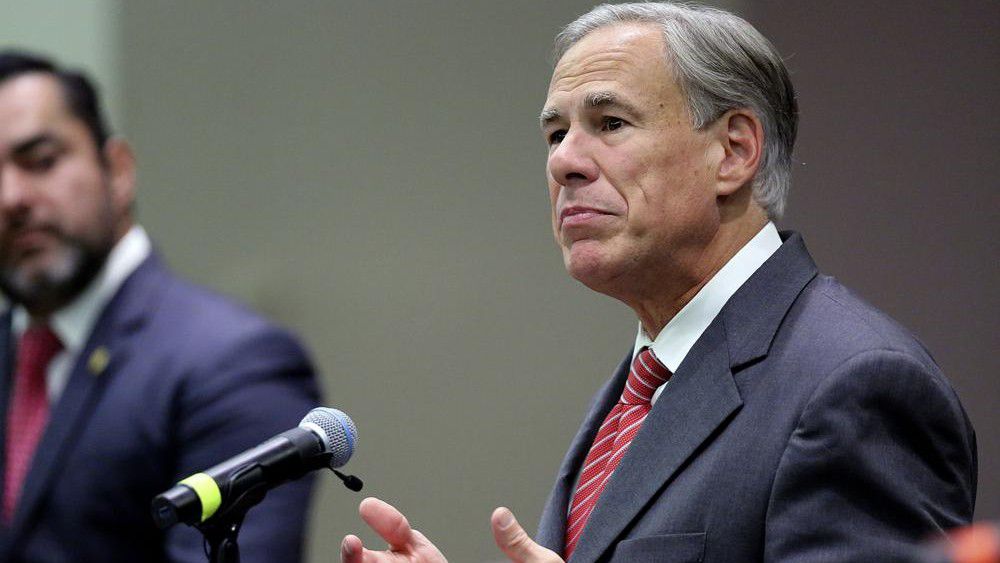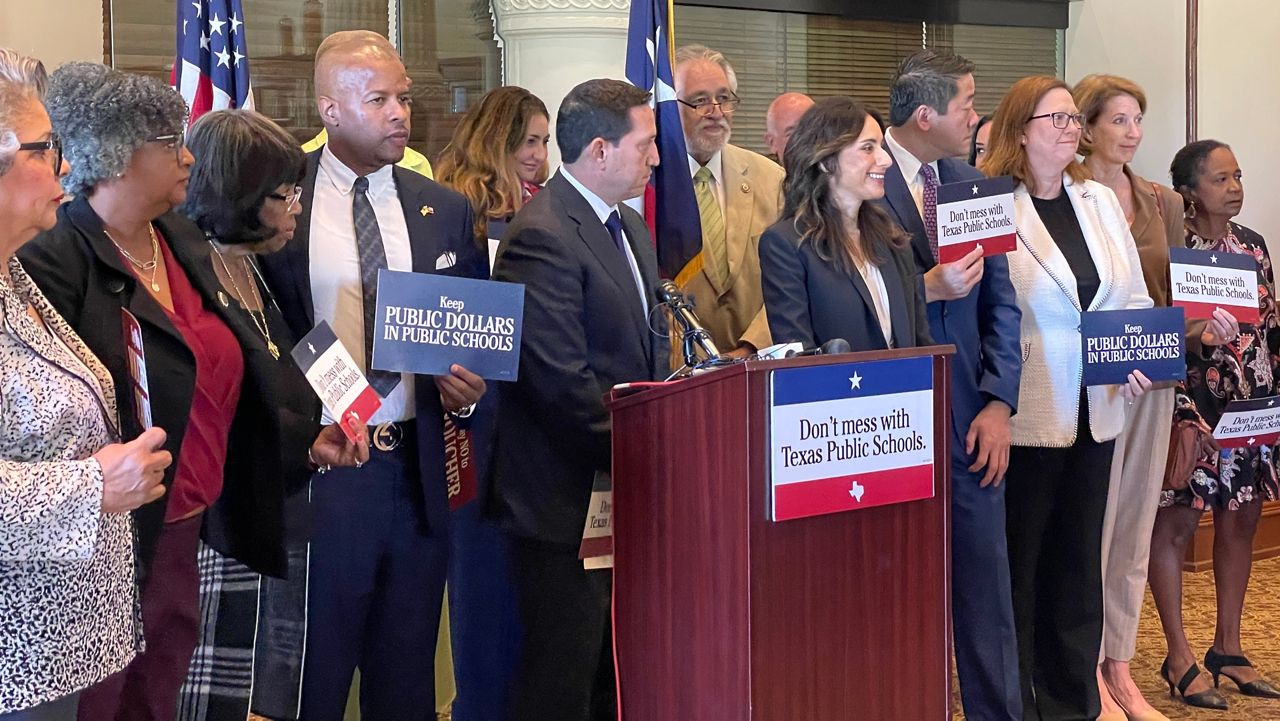AUSTIN, Texas — The South Mall at the University of Texas at Austin is buzzing as students start the fall semester. It’s a stark contract to late April when law enforcement marched the South Lawn to face pro-Palestinian protesters.
“My mom was kind of worried,” said UT Austin freshman Tina Nguyen.
But that didn’t stop freshmen Natalie Garibay and Nguyen from enrolling in classes this fall.
“It like inspired me. I really liked how they came together and just like fought for something they stand for,” said Garibay.
Tensions were high during the spring semester as pro-Palestinian protesters across the country called for universities to divest from U.S. corporations that have ties to Israel’s war in Gaza.
In March, Gov. Greg Abbott signed an executive order requiring public universities to “establish appropriate punishments for antisemitic rhetoric…” and “ensure that groups such as the Palestine Solidarity Committee and Students for Justice in Palestine are disciplined for violating these policies.”
The UT affiliated Palestine Solidary Committee protested in April and set up encampments on UT Austin’s South Mall after university officials warned them not to “because of [the group's] stated intent to disrupt and therefore break Institutional Rules.”
University police, Austin police and the Texas Department of Public Safety responded to the protests with riot gear and arrested 134 people, 63 of whom were affiliated with UT Austin.
“I think Texas handled it very well. So personally, I think this year will go smoothly,” said UT Austin sophomore Shawn Rosenblatt.
Following the arrests, UT updated its free speech policy to allow outside law enforcement agencies to help regulate violations related to protests. Free speech experts believe the university’s policies allow for flexibility.
“The idea that this kind of free expression activity is permitted during a wide range of hours, I think, is a plus for the university,” said David Keating with the Institute for Free Speech.
University officials aren’t concerned about protests this semester, saying, “We’ve been crystal clear for months on where we stand about supporting free speech and at the same time enforcing our rules, including time/place/manner restrictions.”
In a statement, Texas Department of Public Safety said the department “continuously monitors events and their impact on public safety. As such, DPS will continue to work with local law enforcement and adjust our operations as needed to meet any potential and emerging threats in order to protect the people and property of Texas.”
“I hope that it doesn’t come back ever, because it was a scary time for sure,” said UT Austin sophomore Jess Mysel.
The university sent conduct notices to students who violated rules during the pro-Palestinian protest, including non-financial and financial holds which needed to be resolved to register for classes or get diplomas.











